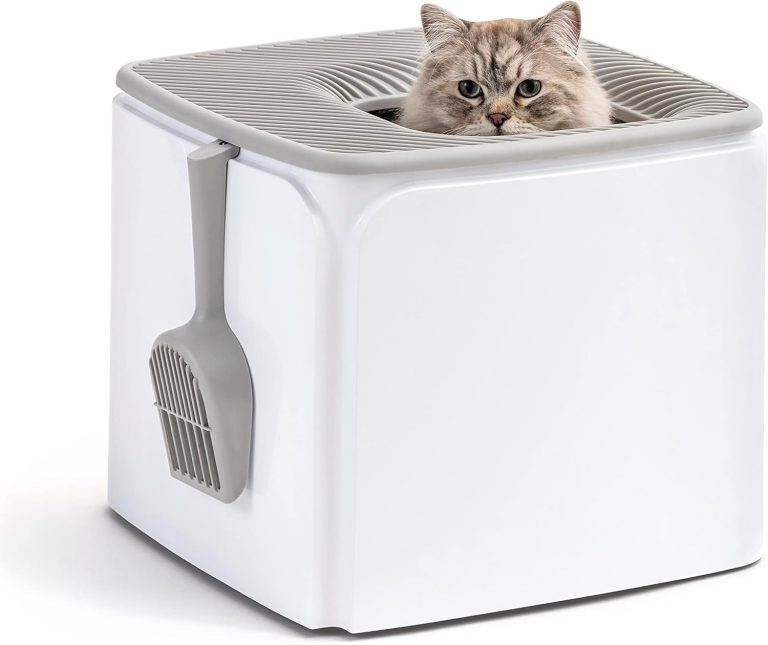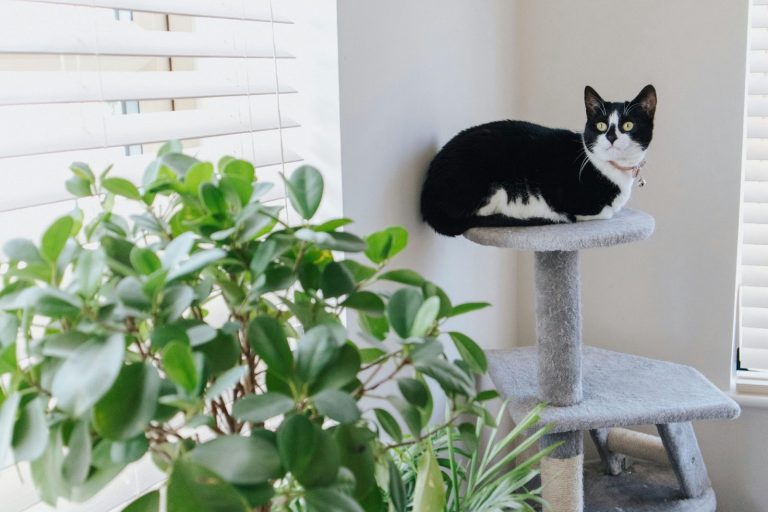Kidney Stones in Cats: What You Should Know
Kidney stones in cats are usually not life-threatening, but your cat will thank you for getting them taken care of. Here’s more info on kidney stones in cats.

Kidney stones in cats are an uncommon problem (unlike bladder stones, which are relatively common).
The majority of cases I see are diagnosed as an incidental finding when the animal is radiographed for another reason. This is because it is rare for kidney stones to cause symptoms, and the majority of cats that have them don’t show signs.
There are, of course, exceptions — I once treated a cat with a painfully swollen kidney as a result of a stone blocking drainage to her bladder.
Read on for more information, including signs of kidney stones in cats and how to treat them.

Don’t leave your pet’s safety to chance
Sign up for Petful recall alerts today.

What Are Kidney Stones?
Kidney stones in cats are mineral formations that develop within the kidneys or urinary tract. These stones can vary in size and composition, and some of them can cause significant discomfort and health problems.
How Common Are Kidney Stones in Cats?
Kidney stones in cats are relatively uncommon compared to other urinary tract problems, such as bladder stones. However, they do still sometimes occur, but often are not caught for awhile because cats usually don’t show signs of kidney stones as readily.
Kidney Stones in Cats Symptoms
It is perhaps surprising that kidney stones don’t cause more discomfort than they do, and as already mentioned, the majority of kidney stones are found by accident when the patient is being X-rayed for another problem.
The rare cases associated with pain happen when the stone passes out of the kidney and becomes lodged in the ureter, the tube that drains urine from the kidney to the bladder. Back pressure builds in the kidney, which then swells and becomes painful, and occasionally some blood appears in the urine.
This phase usually only last a few hours, and the cat is restless and uncomfortable until the stone is passed. My little cat was unusual in that she was in severe pain, but she responded well to pain relief and intravenous fluids and is now back to normal.
In this video, veterinarian Dr. Carrie Burhenn discusses symptoms cats may experience:
What Causes Kidney Stones in Cats
The body is basically a big chemistry set, and the body’s chemicals combine with minerals in the diet to form crystals, which can stick together and form grit, gravel and stones. Above a certain size, this grit gets stuck in the filter of the kidney, where it acts as a focus (a bit like grit in an oyster) for more minerals to be deposited around it.
The commonest stone in the kidney is made up of calcium oxalate. This is a radio-dense material and shows up on radiographs, hence the surprise the vet sometimes gets when taking X-rays of the pet for some other reason.
Diagnosis
The minerals in the commonest stone show on an X-ray, but some less common types do not. If your vet suspects a kidney stone is causing a problem, then an ultrasound scan should find it, no matter what mineral the stone is made from.
Kidney Stones in Cats Treatment
If the cat has discomfort passing a kidney stone, then pain relief, intravenous fluids and antibiotics are necessary to help him through this difficult period.
In rare cases, a specialist procedure may be needed, where a laser blasts the stone into smaller pieces that can be passed easily.
How to Prevent Kidney Stones in Cats
A cat that has grown one kidney stone is likely to develop others in the future, and so prevention is important.
Factors that make stone formation more likely are the pet being overweight and not drinking enough. Fat cats are more likely to be lazy and not get up to empty their bladders as often. This means the minerals have longer to brew in the urinary tract and form into stones.
Likewise, cats that don’t drink tend to build up minerals, making it easy for stones to form. To encourage your cat to drink more, try a water fountain and put wide water bowls around the house. Your vet may suggest a change of diet as well.
Frequently Asked Questions (FAQ)
How Do You Treat Kidney Stones in Cats?
Treatment for kidney stones in cats varies depending on type and severity. Sometimes a vet will suggest dietary changes, or medication is used, and other times if the issue is severe, surgical procedures may be used to treat the issue.
What Are Symptoms of Kidney Stones in Cats?
Symptoms of kidney stones in cats are often not as prominent for awhile. However, some that may occur include blood in the urine, painful urination, and other possible symptoms depending on the cat and the severity.
How Much Does the Kidney Stones in Cats Surgery Cost?
Surgery costs can vary depending on several factors. Researching vets in your area that perform surgeries your cat may need can help give a better estimate of the price.
Reference
- Clinical Medicine in the Dog and Cat. Schaer. Publisher: Manson Publishing.

This pet health content was written by a veterinarian.








